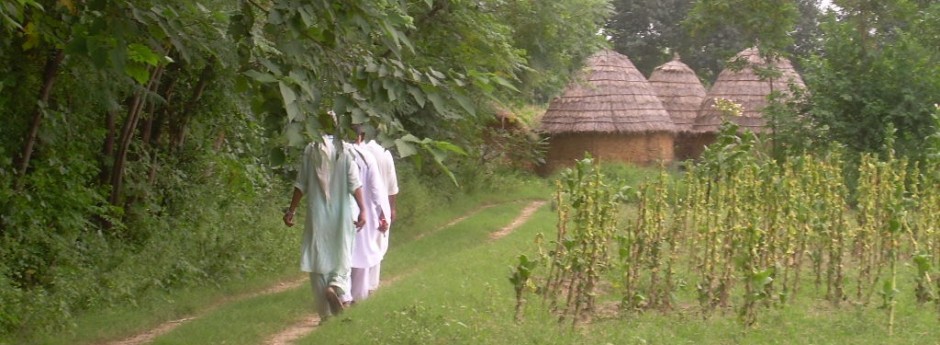The Peshawar Digital Archive is a resource for scholars and the public offering primary source documents, regional scholarship, and selected materials of interest. Historical texts are presented as found to allow wide access for study, comparative analysis, and critical scrutiny. Colonial documents were prepared for specific agendas. Many have been reproduced in edited and on-line versions that may well vary from original editions. This Archive is intended to make available important regional official administrative compilations that were used for a variety of imperial management purposes. They described and recorded details of district, sub-district, village, and town societies and economies for taxation and political purposes. Genealogies of leading families, land surveys, lists of water resources and distribution systems, and tables of trade goods and manufactures were accumulated in encyclopedic style. Narratives of political history, religious beliefs, and cultural practices were assembled by administrators primarily focused on supervising the recording of land use, crop production, and goods manufacturing and trade.
The documents presented here contain much information familiar to those who have read British-Indian district gazetteers. But they also represent a specific cluster of documents that emerged in a key moment in the production of colonial knowledge. After the first conquest of the Punjab in 1849, colonial civil and military officials often produced expedient and incomplete land and crop taxation documents, district “settlement reports”. From the 1860s, more established colonial administrative planning sent new teams of surveyors and staff into districts thought to be in need of refined tax collection documentation, “settlement revision”. The documents here focus on the Peshawar district, including a typical settlement report. But the most interesting document is not the official English language settlement report, but a related Urdu language book, Tarikh-e-Peshawar, (History of Peshawar) written by Gopal Das, a colonial official who spent years supervising the village-level field surveys and data collection for the settlement report. As discussed in the edited selections from the Tarikh-e-Peshawar, Gopal Das not only included settlement report material, but he also collected, had sketched, and listed in exact detail, what might be described as ethnographic material from Peshawar valley communities he categorizes as Muslim, Hindu, and Afghan. These sections about cultural materials and practices offer rare and unique perspectives on Peshawar society from a compiler who observed from a political distance as a colonial official from Lahore, but also observed as an indigenous official kept permanently subordinate to colonial hierarchies.
The documents presented here include those produced in earlier settlement work contributed to by Gopal Das for the Gujranwala district near Lahore. Biographical information about Gopal Das follows. The Peshawar district remained part of the British-Indian Punjab province until the creation of the North-West Frontier Province in 1901. The documents here allow new perspective to be gained on the complex cultures and social relations that existed in the nineteenth century in the Peshawar region. They also offer insight into the methods used and individuals involved in the accumulation and organizing of vast amounts of colonial knowledge about the territories occupied on both sides of the Indus river.
